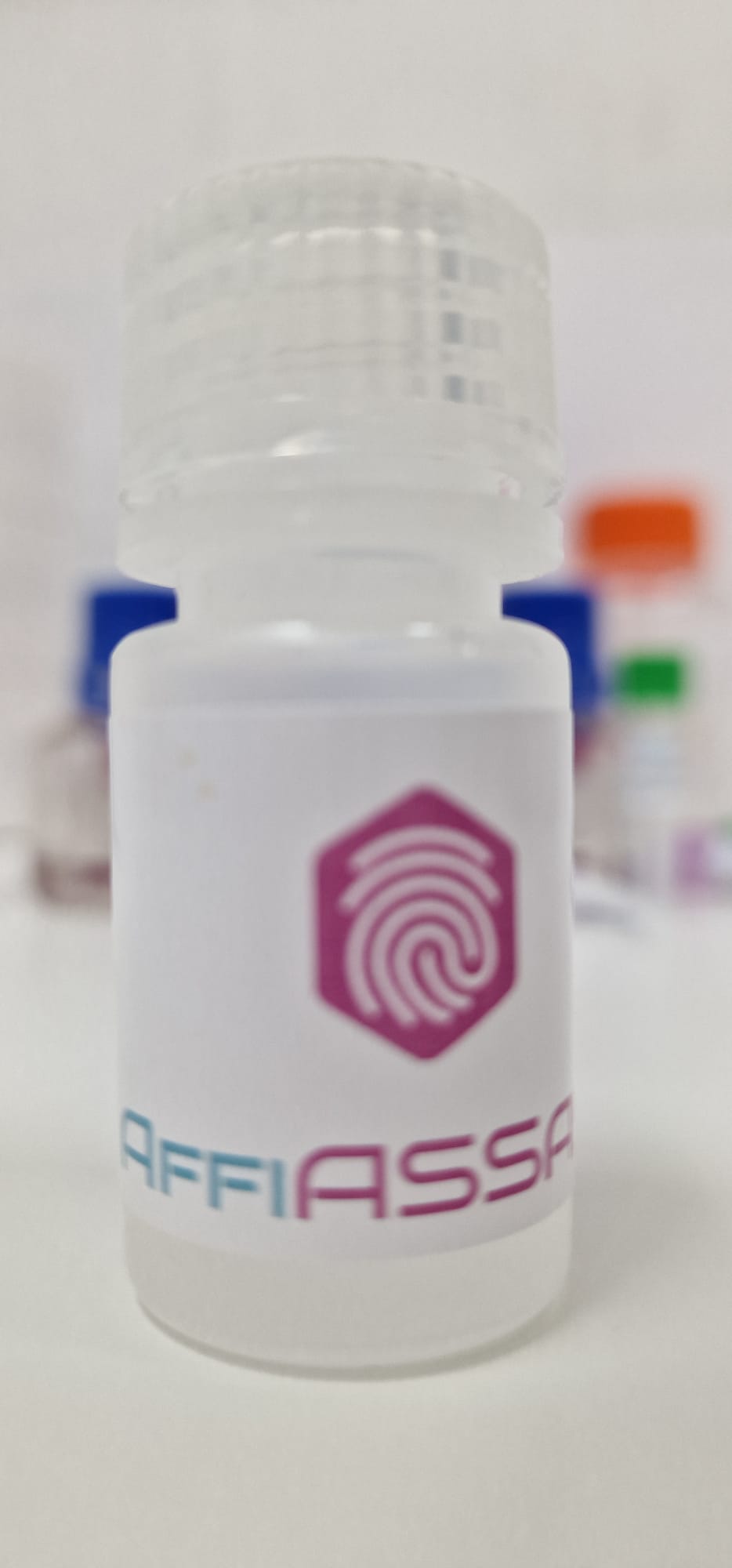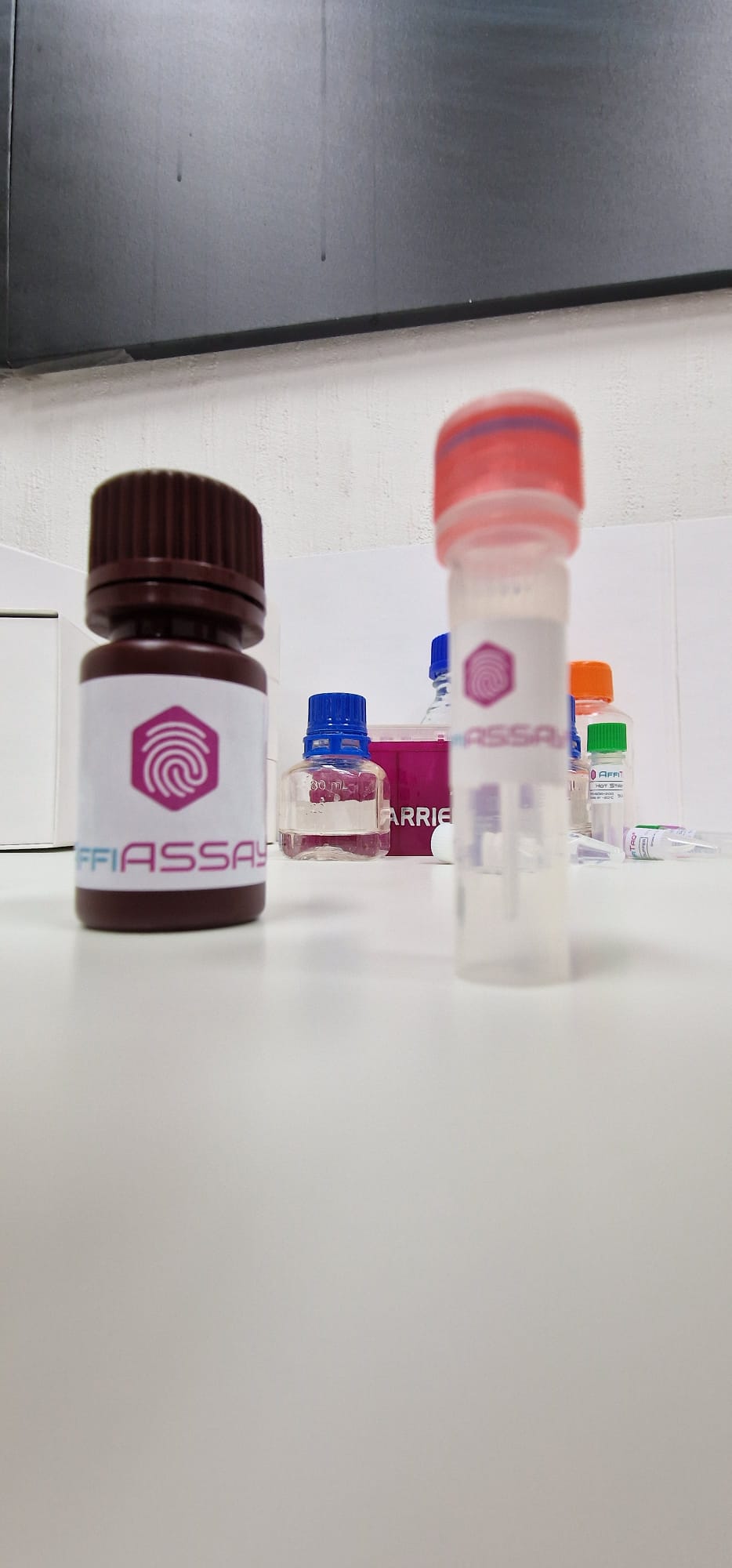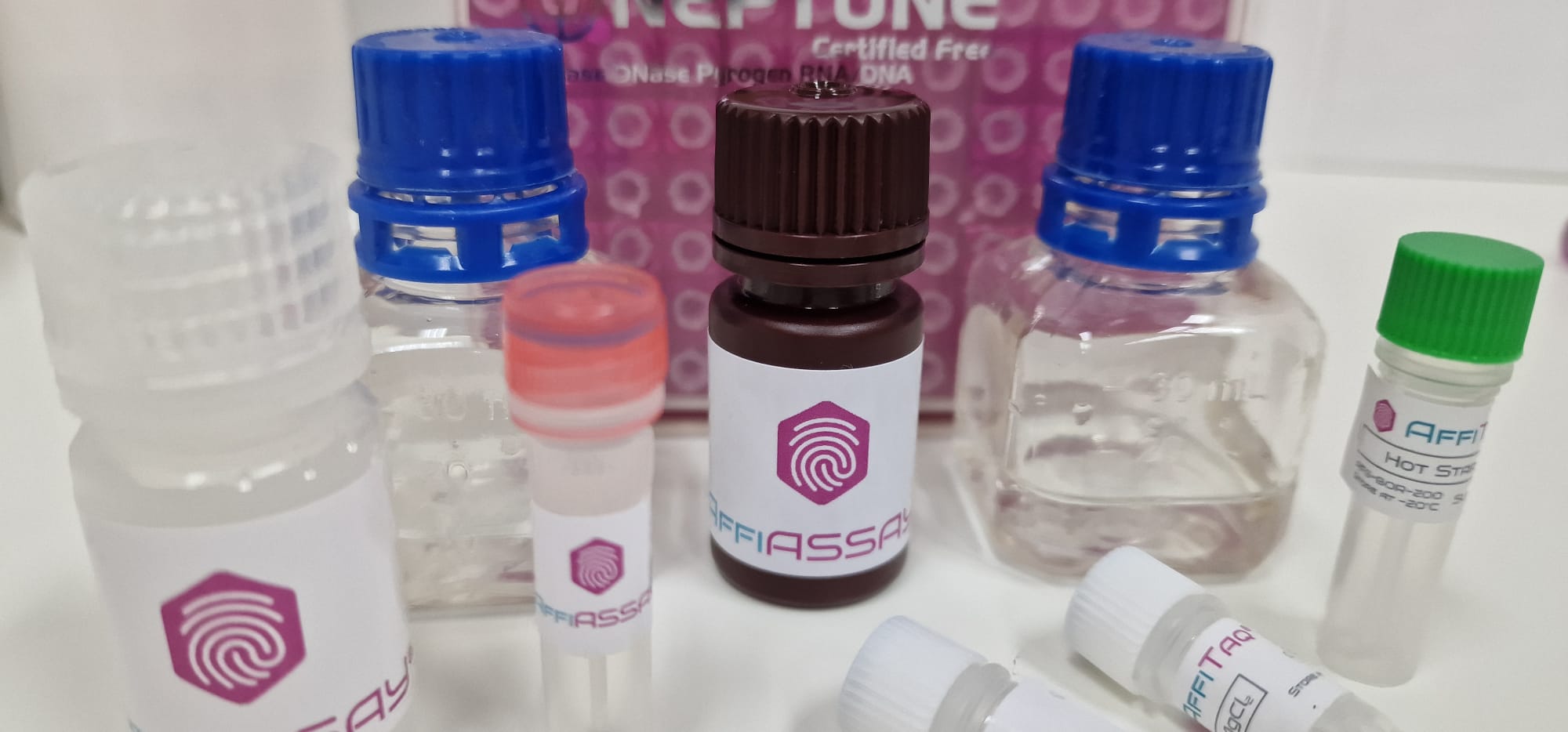The Power of Primary Antibodies
The Antibodies play a crucial role in biomedical research, serving as invaluable tools for investigating a wide range of biological processes and identifying potential biomarkers for various labs. Among these, primary antibodies stand out as essential reagents that directly bind to specific target antigens, enabling researchers to delve into the intricacies of labs like cancer, Alzheimer's, and Parkinson's. This article explores the significance of primary antibodies in understanding and uncovering biomarkers associated with these debilitating conditions.



Understanding Primary Antibodies:
Primary antibodies are highly specialized molecules designed to target specific antigens, which can include peptides, proteins, or other molecular structures. This specificity is essential for researchers seeking to study and identify biomarkers associated with labs at the molecular level. By directly binding to the target antigen of interest, primary antibodies provide a robust foundation for various analytical techniques.
Applications in Labs Research:
Cancer Research: Primary antibodies have revolutionized cancer research by enabling the identification and study of specific biomarkers associated with various cancer types. By targeting proteins overexpressed or mutated in cancer cells, researchers can gain insights into the underlying mechanisms driving tumorigenesis. Alzheimer's and Parkinson's Studies: Neurodegenerative labs such as Alzheimer's and Parkinson's pose significant challenges to researchers. Primary antibodies have proven instrumental in detecting and analyzing key biomarkers linked to these conditions, facilitating a deeper understanding of labs progression and potential therapeutic targets.
Epigenetic Modifications: Beyond protein targets, primary antibodies also play a crucial role in studying epigenetic modifications. Modifications such as DNA methylation, histone acetylation, and phosphorylation can be investigated using these antibodies, shedding light on the regulatory mechanisms influencing gene expression and cellular processes. Technological Advancements: Advancements in antibody production and engineering have further enhanced their utility in biomedical research.
Recombinant antibody technology, phage display, and monoclonal antibody production techniques have allowed for the generation of highly specific primary antibodies, expanding the scope of their applications.
Challenges and Considerations: Despite their versatility, researchers must be aware of challenges associated with primary antibodies, such as potential cross-reactivity and variability in antibody quality. Validation and optimization protocols are crucial to ensure the reliability and reproducibility of experimental results.

Conclusion:
Primary antibodies have become indispensable tools in the realm of biomedical research, offering a precise and targeted approach to investigate various labs , including cancer, Alzheimer's, and Parkinson's.
Their ability to bind directly to specific antigens allows researchers to explore the intricate molecular mechanisms underlying these conditions. As technology continues to advance, the role of primary antibodies in unraveling the complexities of labs and identifying potential therapeutic targets is likely to expand, driving innovation in the field of medical research.
Recent Posts
-
Capillia Neo Flue, Neo TB, Mycoplasma
…3rd Feb 2024 -
The Power of Primary Antibodies
The Antibodies play a crucial role in biomedical research, serving as invaluable tools for investiga …31st Jan 2024 -
Fields of Research
Recombinant Protein Expression Gene Synthesis AAV Packaging Reporter Cell Lines Custom Antibody …26th Nov 2022



